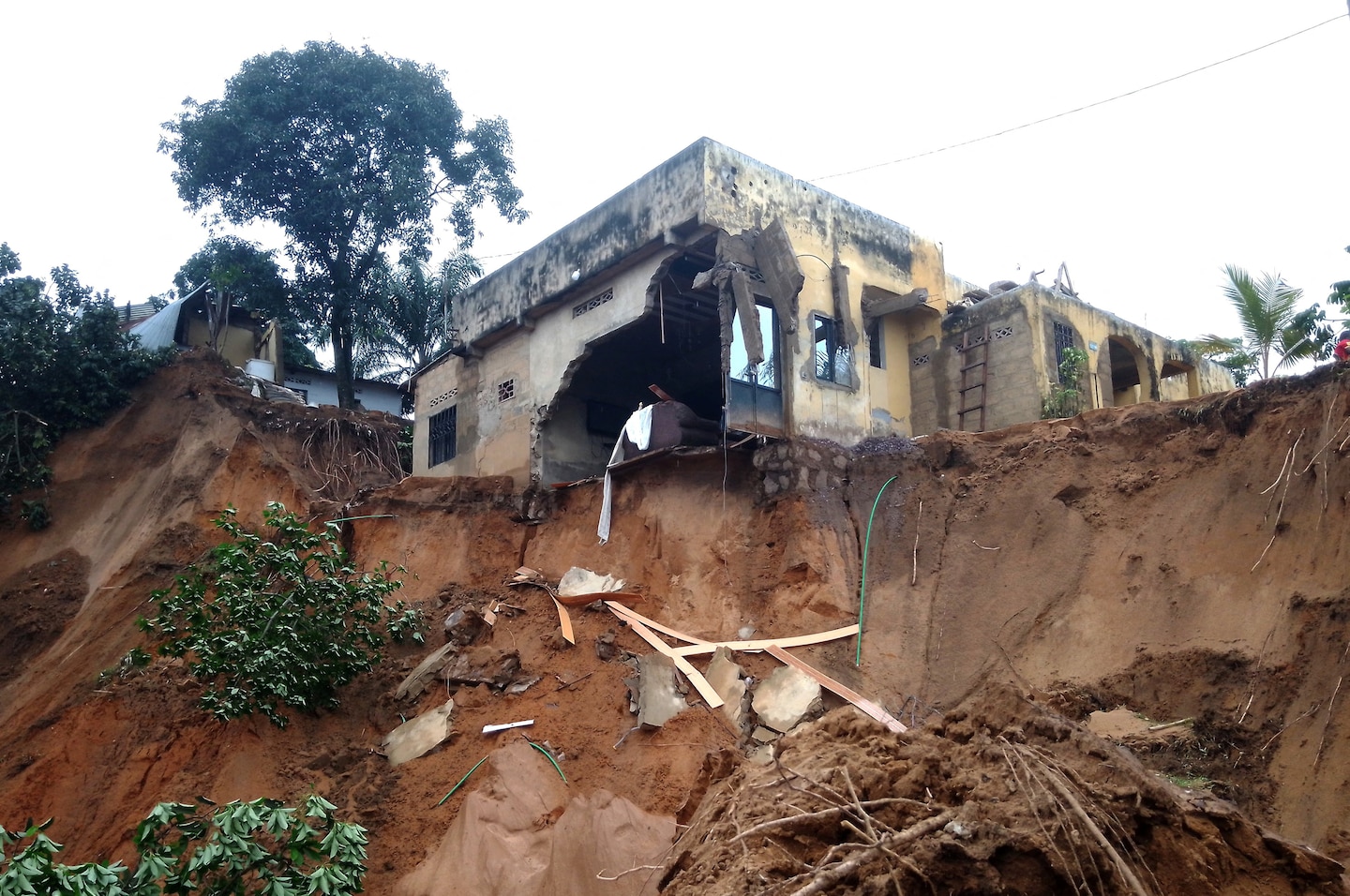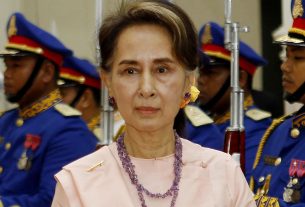President Félix Tshisekedi, who is in Washington attending the U.S.-Africa Summit, declared three days of national mourning and said he would cut short his trip to the United States and leave after meeting with President Biden on Thursday.
In a meeting with Secretary of State Antony Blinken at the summit, Tshisekedi blamed the heavy rains and infrastructure damage on climate change, Agence France-Presse reported.
“The DRC is under pressure, but unfortunately it’s not sufficiently heard or supported,” he said. “Support must come from countries that pollute and unfortunately trigger the harmful consequences in our countries that lack the means to protect themselves.”
The country’s capital, Kinshasa, is home to more than 15 million people. It is one of Africa’s few full-blown megacities. But this rapid urbanization has increased the vulnerability of the city and its outskirts to flash floods.
The floods collapsed a part of the RN1 road that links Kinshasa to Matadi, the country’s main seaport. The African Development Bank described RN1 as “the backbone and main structural artery of DRC’s road transport system.”
#RDC : Plusieurs dizaines de compatriotes ont perdu la vie, des dégâts matériels importants. Avec le gouverneur de la ville, les ministres et d’autres responsables, le PM @LukondeSama est sur terrain pour faire l’évaluation générale, un bilan global suivra au terme de sa tournée. pic.twitter.com/8ddHof4agP
— Patrick Muyaya (@PatrickMuyaya) December 13, 2022
Prime Minister Jean-Michel Sama Lukonde, who was on the ground to assess the damage, said in a statement that the government would work urgently to repair the road, first allowing smaller vehicles and carts to pass.
“Then we will do a bigger job,” he said.
But, he added, “we came to assess the damage and the primary damage we see is human.”



